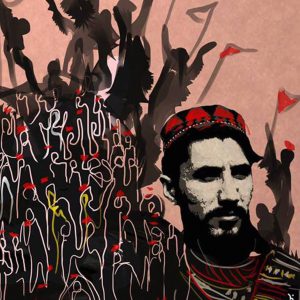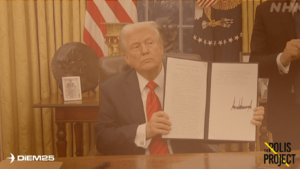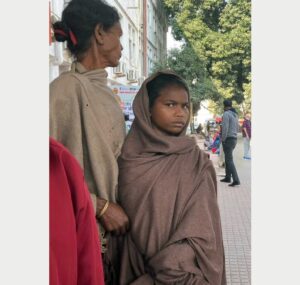

This essay was written as an introduction to my earliest attempts to produce a photographic work on the victims of America’s wars. Focusing on the communities living on the North West Frontier Province (NWFP) or Khyber Pukhtunkhwa (KP) as it is today called, it was a small attempt to speak out against the wars we had manufactured, and the millions of lives we were destroying. Written in the fall of 2011, it accompanied a few grant proposals I put together for this work. And whereas those attempts at funding support failed, this work, these communities, remain a part of my more recent and broader project in Pakistan tentatively titled Justice In Pakistan for which I did finally secure some much needed funding.
The video is grainy, and difficult to view on the small mobile phone screen its being played on. There is a man being interviewed by a BBC correspondent – she is questioning him about Osama Bin Ladin and about Al-Qaeda. I can’t make out the details of the interview, and I can’t see the man’s face – he is turned away from the camera but I can see his bearded profile. “That is my father” Abubabakar Hayat says pointing to bearded figure in the screen. I continue to watch closely – the scene in the video cuts to one where a group of men, handcuffed and blindfolded, are being loaded into the back of a Pakistan Police vehicle. As the last man is pushed in – wearing an orange blindfold, dressed in a dark brown shalwar kameez, Abubakar’s excited voice cuts in..”There – that is my father Shokat Hayat. This…
Related Posts


Donald Trump’s Master Economic Plan I Opinion by Yanis Varoufakis




